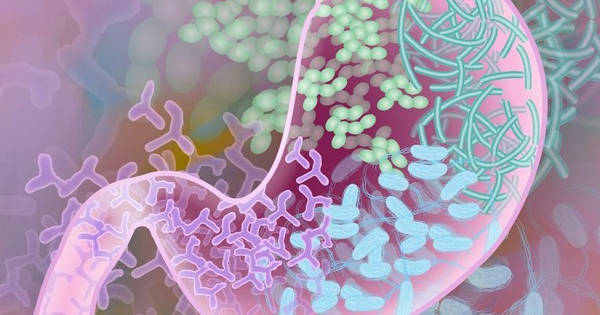If one of your New Year’s resolutions is to consume more environmentally friendly foods, a new Tulane University study suggests it may be easier than you think. Malnutrition in all types, as well as noncommunicable diseases (NCDs) such as diabetes, heart disease, stroke, and cancer, are all aided by a good diet.
According to a new study published in The American Journal of Clinical Nutrition, Americans who consume beef might reduce their carbon footprint by as much as 48 percent by substituting a more environmentally friendly option for only one serving per day.
Healthy eating habits begin early in life, with breastfeeding promoting healthy growth and cognitive development, as well as potentially lowering the chance of being overweight or obese and developing NCDs later in life.
Researchers from Tulane University School of Public Health and Tropical Medicine and the University of Michigan calculated how much of a difference people could make if they swapped one high-impact food item for similar, more sustainable options using real-world data from a survey of what more than 16,000 Americans eat in an average day.
They looked at how the shift will affect two metrics: greenhouse gas emissions and water scarcity footprint, which is a measure of the irrigated water used to produce the foods they eat that takes regional variations in water scarcity into account.
A nutritious diet is important for preventing malnutrition in all of its manifestations, as well as a variety of noncommunicable diseases (NCDs) and disorders. However, dietary trends have shifted as a result of increased manufacturing of processed foods, rapid urbanization, and changing lifestyles.
Many individuals feel strongly about this and wish to change our climate problem through direct actions that they can control. This, in turn, can change social norms about both the seriousness of the problem and the potential solutions that can address it. Our study provides evidence that even simple steps can assist in these efforts.
Diego Rose
Beef has the greatest impact in the American diet, with roughly 20% of survey respondents eating at least one serving each day. If they swapped one serving of beef for ground turkey instead of ground beef, for example, their diets’ greenhouse gas emissions would drop by 48 percent and their water use would drop by 30 percent.
“People can make a significant difference in their carbon footprint with very simple changes and the easiest one would be to substitute poultry for beef,” said lead author Diego Rose, a professor of nutrition and food security at Tulane University’s School of Public Health and Tropical Medicine.
The study also looked at how the shift would effect the overall environmental impact of all food consumption in the United States in a day, including the diets of the 80 percent of people who don’t change their diets. If just 20% of Americans who eat beef every day switched to something else for one meal, the entire carbon footprint of all American diets would be reduced by 9.6% and water use impacts would be reduced by 5.9%.
A quarter of worldwide greenhouse gas emissions and 70% of global freshwater withdrawals are attributed to agricultural output. Researchers used a huge federal survey to integrate an enormous database of greenhouse gas emissions and water consumption related to food production with a large federal survey that asked people what they ate over a 24-hour period for the study.
Although the impact of changing beef was the highest, they also looked at the impact of changing other foods. Replacing a dish of shrimp with cod reduced greenhouse gas emissions by 34%, while substituting soymilk for dairy milk cut emissions by 8%.
The highest reduction in water shortage footprint came from substituting peas for asparagus, which resulted in a 48% reduction. By substituting peanuts for almonds, the water scarcity footprint was reduced by 30%.
Although the study focused on individual substitutions, Rose believes that combating climate change requires more than just one action.
“The changes needed to address our climate problems are major. They are needed across all sectors and along all levels of human organization from international agencies to federal and state governments to communities and households,” Rose said.
“Many individuals feel strongly about this and wish to change our climate problem through direct actions that they can control. This, in turn, can change social norms about both the seriousness of the problem and the potential solutions that can address it. Our study provides evidence that even simple steps can assist in these efforts.”
















